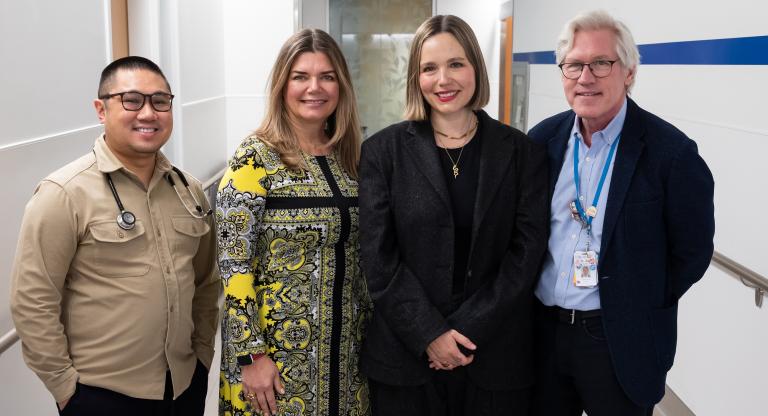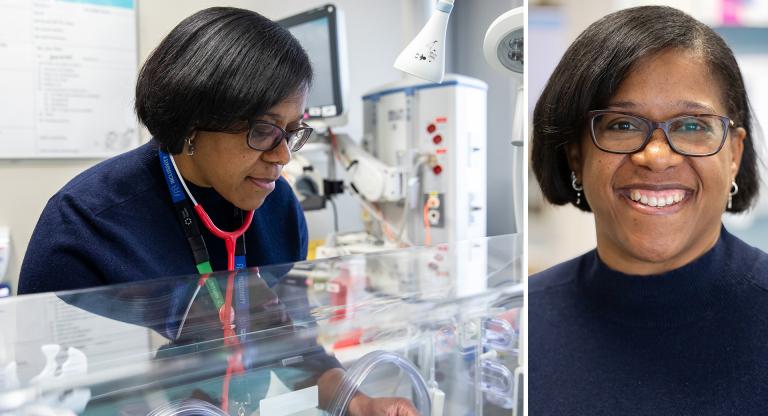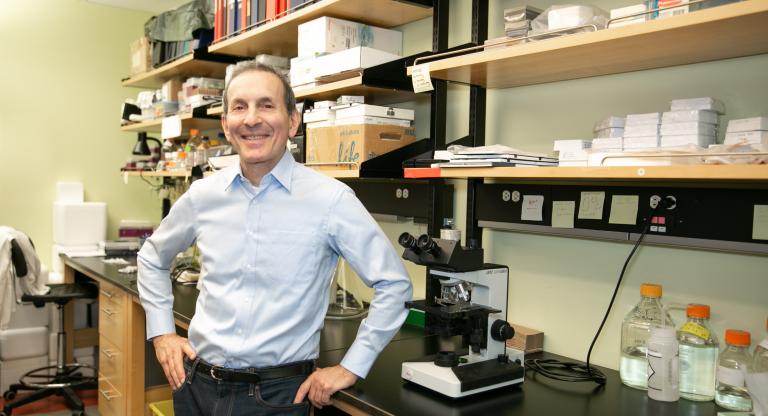Scientists identify ‘Goldilocks’ protein critical for getting immune response ‘just right’

Scientists at Sinai Health say they have discovered a new pathway that controls dangerous overreactions in a body’s immune system, including deadly forms of hyper-inflammation.
In new findings out today in the journal Science, researchers at the Lunenfeld-Tanenbaum Research Institute (LTRI) detail how a protein known as WAVE2, a protein expressed in all immune cells, plays a critical role in maintaining immune system balance.
As part of the research, scientists knocked out, or turned off, WAVE2 in a subset of immune cells in mice, which led to severe autoimmunity and inflammation, as well as an inability to mount an immune response to a viral infection.
The study’s senior author, Dr. Kathy Siminovitch, said they also found that another protein, known as mTOR, became overly active in the absence of WAVE2, putting the immune system into overdrive and leading to immune cell exhaustion.
“Much like Goldilocks, a proper immune response requires such a delicate balance,” said Dr. Siminovitch, senior investigator at the LTRI and Canada Research Chair in the Mechanisms Regulating Immunologic Disease. “You have to get it just right. By developing a mouse strain in which T cells, key players in immunity, lack WAVE2, we have shown that this protein is absolutely required for balanced immune responses.”
How to keep the immune system from going into overdrive has been a key question for medical experts as they continue to grapple with the devastating effects of COVID-19 pandemic, particularly on the elderly population.
Patients over the age of 65 are at a higher risk of developing severe COVID-19, partly due to a phenomenon called “cytokine storm” where the immune system overacts and damages organs.
“The pandemic has starkly illuminated the critical importance of immune balance and the severe consequences of disrupting such balance,” said Dr. Siminovitch. “It has also highlighted the importance of fundamental research, which has taken us where we are today in understanding the virus and having treatment and prevention strategies in hand.”
For years, Dr. Siminovitch has been exploring the genetic and molecular mechanisms that regulate and maintain balance across the immune system. In previous work, she helped trace the complex molecular steps that turn a rare gene mutation into Wiskott-Aldrich syndrome, which impairs the immune system of boys, and can lead to death at a very young age.
Dr. Siminovitch said they would like to expand their research to look at how the WAVE2-mTOR pathway may contribute to specific autoimmune, inflammatory and other conditions, such as Alzheimer’s disease.
“Understanding how to achieve this kind of control in immunity is really important,” said Dr. Siminovitch. “This research opens the door to new ways of restoring that balance through the development of new therapeutics that target the WAVE2- mTOR pathway.”
This study was supported by the Canadian Institutes of Health Research (CIHR), the Canada Foundation for Innovation and philanthropic support from The Sherman Foundation.












